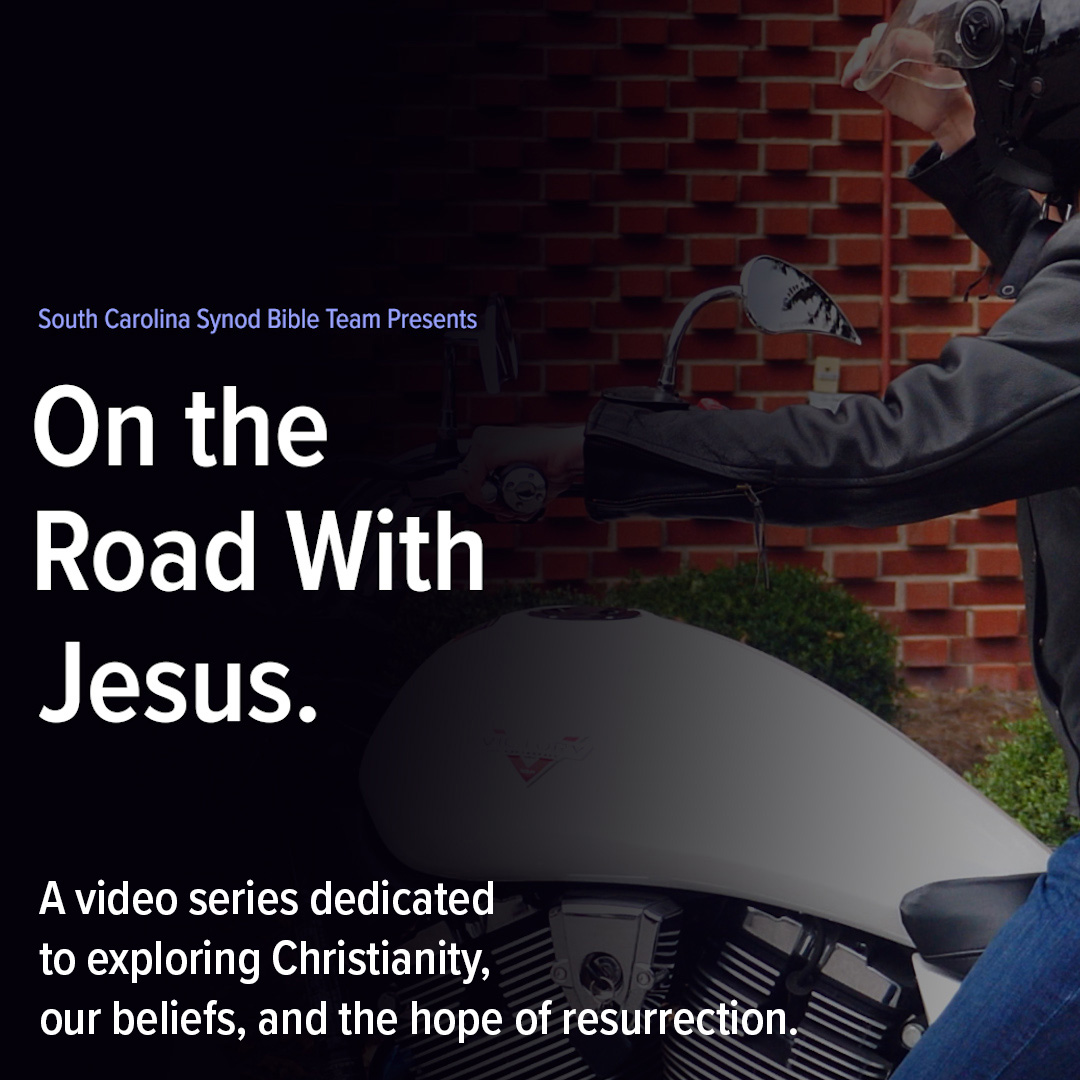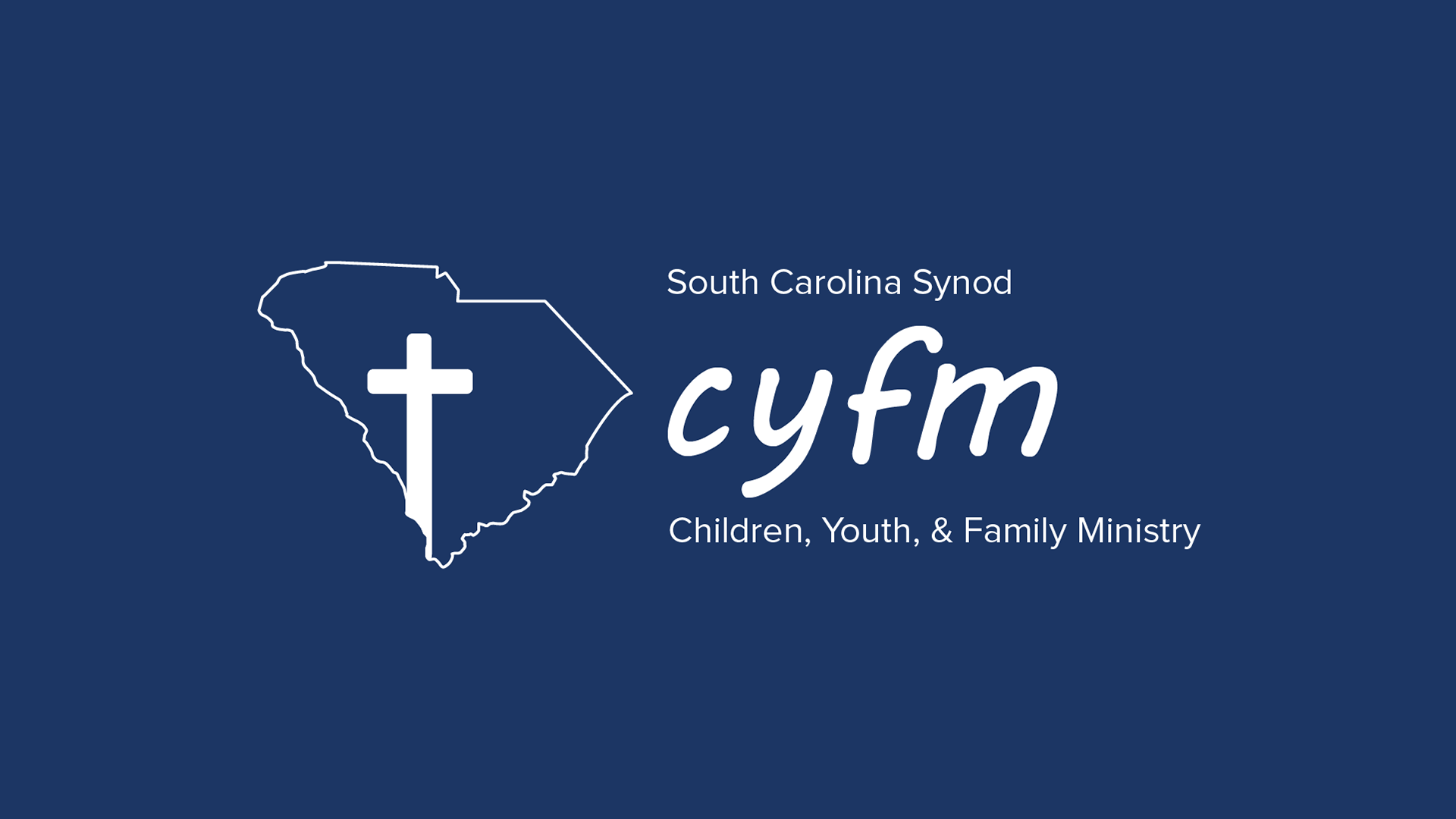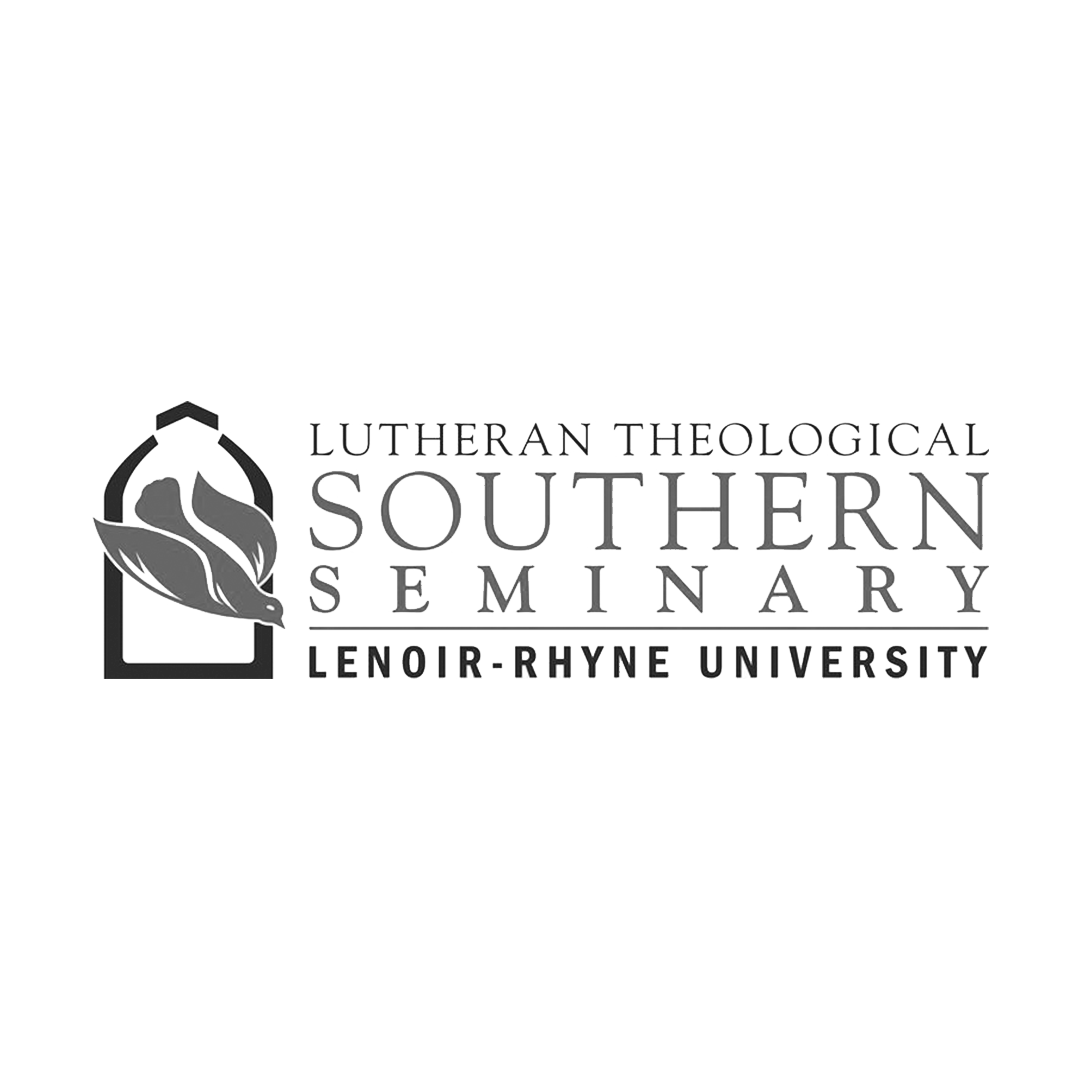By The Rev. Michele Fischer
Every year, towards the end of January, the various ELCA synods of region 9 come together to talk about stewardship. These lectures for lay people and clergy alike, are a gift for dealing with one of the most uncomfortable topics within the church: money.
This year’s Stewardship Symposium featured author Bonnie Ives Marden. Upon entering the Stavros Lecture Hall, each participant received a copy of Bonnie’s book Church Finances for Missional Leaders. (Nashville: Wesley’s Foundery Books. 2019.)
This book, is not something to read from cover to cover, but is more of a tool box, with worksheets and activities to help church leaders talk about money. And as Christians, we need to talk about money, because there is a deep connection between our spiritual lives and our financial lives.
This year’s symposium used experiential learning as Marden led participants through various exercises.
Marden asked those in attendance to pair up and share their first job and what values they learned from that job. This is a non-threatening way to begin conversations about money.
In another activity, Marden invited for volunteers to come forward. Each was given an envelope. In each of the envelopes was some money. For three of the four, the volunteers smiled politely and were grateful for the coin/s in their envelope. But the fourth volunteer exclaimed “Oh wow!” when he opened his envelope. His face lit up with both joy and surprise. What did he find in his envelope? A $100 bill. Money matters are not only spiritual but create an emotional response within us. This is one reason why money is so difficult to talk about.
One important note that Marden made during in the second half of the event was that we have two types of people in the church when it comes to money. The first are those with a financial mindset. These people are skilled with money matters and tend to be risk averse. They are conservative and tend to be focus on the bottom line.
The other type of person is the person Marden describes as having a “stewardship mindset.” This person is enthusiastic and tends to be more willing to take a risk. They trust that everything they need will be provided. (Pg. 112) Both types of people are needed in talking about church money issues.
Marden also explained the difference between front porch and back porch communications. Our homes often have a front porch and a back porch. The front porch is often used to receive guests. The front porch gets gussied up for the holidays. While the back porch is where we receive family and friends. It’s where we enter when we have mud on our boots. Churches also have front porches and back porches. Should we be discussing things on the “front porch” that are better dealt with at the “back porch”? (Pg. 118)
When we post our weekly offerings in our bulletins, where visitors will see them, what message are we giving to potential new members?
“Dear visitor, we are not collecting enough money each week to pay for our mission. Join us so we can pay our bills!”
Instead of lamenting our finances on the front porch, share that message for the back porch, for council and committee meetings. Focus on making the front porch welcoming, and if a visitor becomes interested in becoming a member, then you can invite them to participate in the back porch conversations.
These are just a few highlights of this event
The video of the symposium is available on the synod’s YouTube page in two parts. Click here for part 1. Click here for part 2. Marden’s book is available online.













